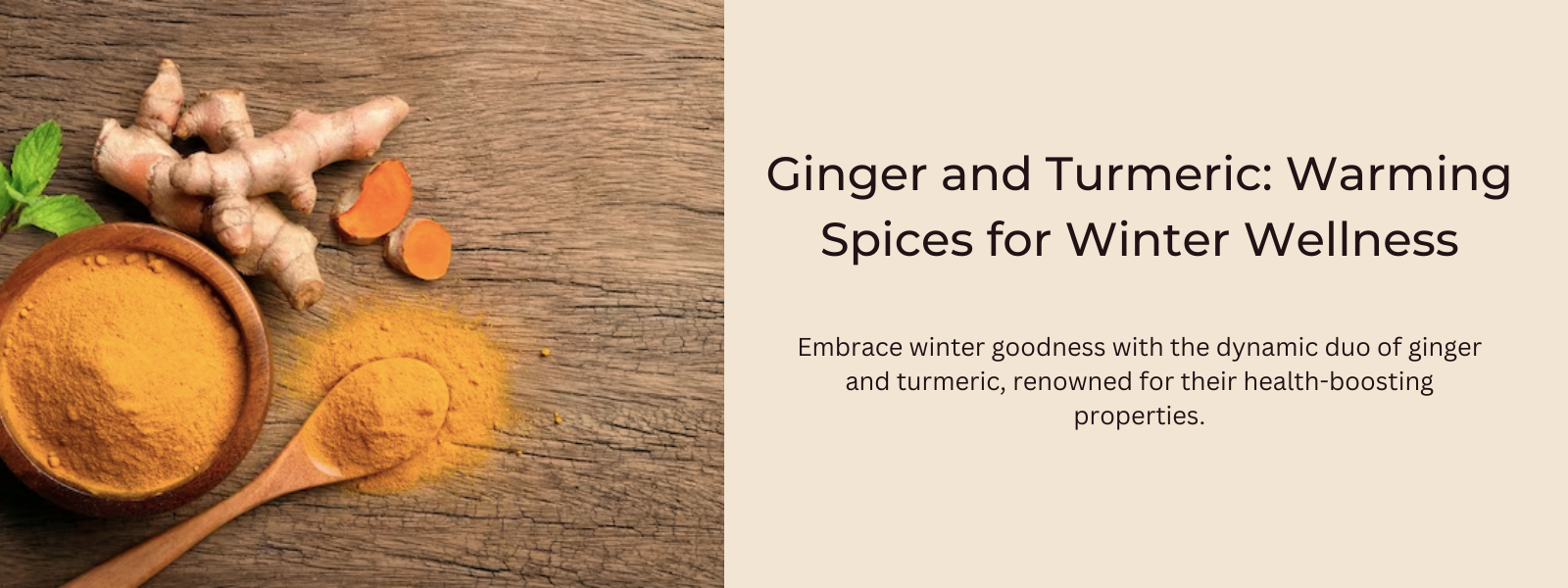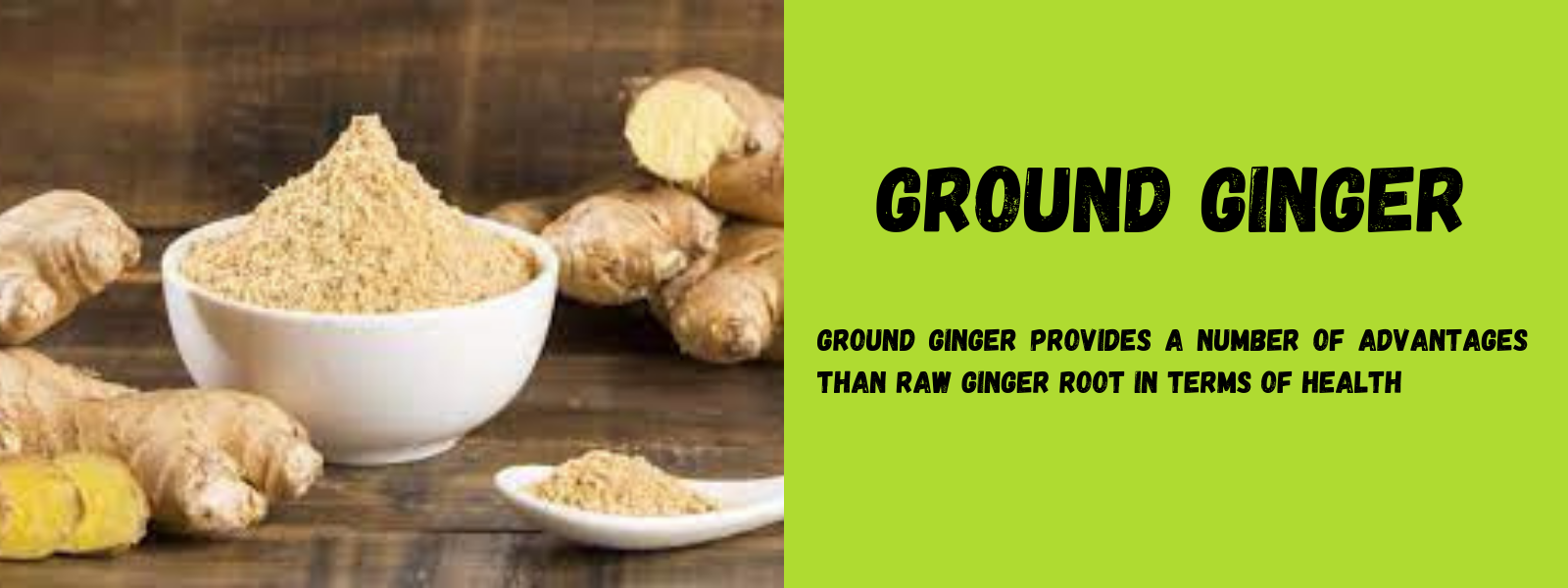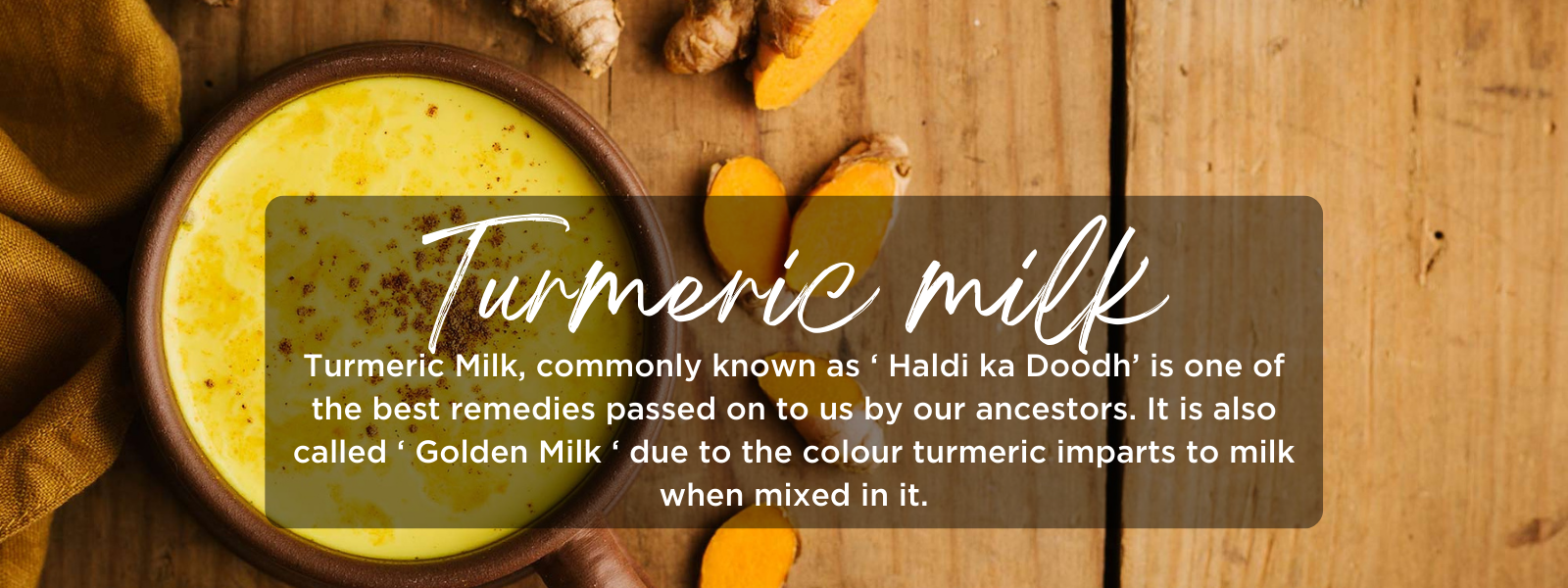Ginger possesses notable gut-healing properties, making it a valuable addition to promote digestive health. The active compounds in ginger, such as gingerol, have anti-inflammatory and antioxidant effects that can help soothe digestive discomfort and reduce inflammation in the gastrointestinal tract. Ginger is known to alleviate nausea, making it beneficial for individuals experiencing digestive upset. Its anti-spasmodic properties may also contribute to relieving symptoms associated with irritable bowel syndrome (IBS). Additionally, ginger supports the balance of gut bacteria, acting as a prebiotic that fosters the growth of beneficial microbes. Whether consumed as ginger tea, added to meals, or included in smoothies, ginger provides a flavorful and natural way to support gut health and enhance overall digestive well-being.
What Is Ginger?
Ginger (Zingiber officinale) is a flowering plant whose rhizome, commonly known as ginger root, is widely used as a spice and for its medicinal properties. It belongs to the family Zingiberaceae and is native to Southeast Asia. Here are key aspects of ginger:
- Rhizome: The part of the ginger plant that is primarily used is the rhizome, an underground stem. The rhizome has a brownish exterior and a yellowish or ivory-colored interior.
- Flavor and Aroma: Ginger has a pungent, spicy, and slightly sweet flavor with a warm and peppery aroma. It adds a distinctive taste to dishes.
- Active Compounds: The health benefits of ginger are attributed to its bioactive compounds, including gingerol, which has anti-inflammatory and antioxidant properties. These compounds contribute to ginger's potential medicinal uses.
- Culinary Uses: Ginger is a versatile spice used in various culinary applications. It is a key ingredient in many cuisines around the world, particularly in Asian and Indian dishes. It is used in both sweet and savory preparations.
- Medicinal Uses: Ginger has been used for centuries in traditional medicine for its potential health benefits. It is often used to alleviate nausea, reduce inflammation, and aid digestion. It is also believed to have antioxidant and anti-cancer properties.
- Forms: Ginger is available in different forms, including fresh ginger root, ground ginger (dried and powdered), ginger extracts, and ginger supplements. Fresh ginger is commonly used in cooking, while ground ginger is used in baking and spice blends.
- Culinary Applications: Ginger is used in a variety of dishes, including curries, stir-fries, soups, and desserts. It is also used to make beverages like ginger tea and ginger ale.
- Ginger Tea: Ginger tea is a popular beverage made by steeping fresh or dried ginger in hot water. It is enjoyed for its flavor and potential health benefits, such as soothing digestion and providing relief from cold symptoms.
- Ginger Ale: Ginger is a key ingredient in ginger ale, a carbonated soft drink known for its ginger flavor. Some ginger ales contain real ginger, while others may use artificial flavors.
- Preservation: Ginger can be preserved by drying or pickling. Candied ginger, made by crystallizing ginger with sugar, is also a popular treat.
Gut-Healing Properties Of Ginger:
The gut-healing properties of ginger stem from its rich bioactive compounds, particularly gingerol, which contribute to its anti-inflammatory, antioxidant, and digestive benefits. Here's a more detailed look at how ginger supports gut health:
- Anti-Inflammatory Effects: Ginger contains potent anti-inflammatory compounds that can help alleviate inflammation in the gut. Chronic inflammation is associated with various digestive issues, and ginger's anti-inflammatory properties may contribute to reducing symptoms related to conditions such as inflammatory bowel disease (IBD) and irritable bowel syndrome (IBS).
- Soothing Digestive Discomfort: Ginger has a long-standing reputation for alleviating nausea and digestive discomfort. It is commonly used to ease symptoms associated with motion sickness, morning sickness during pregnancy, and general stomach upset.
- Anti-Spasmodic Properties: Ginger's anti-spasmodic effects can help relax the muscles of the gastrointestinal tract, potentially reducing spasms and cramps associated with conditions like IBS.
- Balancing Gut Microbiota: Ginger acts as a prebiotic, promoting the growth of beneficial bacteria in the gut. A healthy balance of gut microbiota is crucial for proper digestion and overall gut health.
- Stimulating Digestive Function: Ginger stimulates the production of digestive enzymes and bile, aiding in the digestion and absorption of nutrients. This can contribute to improved overall digestive function.
- Protection Against Leaky Gut: The compounds in ginger may help maintain the integrity of the gut lining, preventing "leaky gut syndrome." A healthy gut lining acts as a barrier, preventing the passage of harmful substances into the bloodstream.
- Reducing Oxidative Stress: Ginger's antioxidant properties combat oxidative stress in the gut. Oxidative stress is associated with various gastrointestinal issues, and ginger's ability to neutralize free radicals contributes to gut health.
- Alleviating Symptoms of Inflammatory Bowel Diseases (IBD): Some studies suggest that ginger may help reduce symptoms associated with inflammatory bowel diseases like Crohn's disease and ulcerative colitis, thanks to its anti-inflammatory effects.
Traditional Use Of Ginger:
Ginger has a long history of traditional use, dating back thousands of years, and it has been highly valued for both its culinary and medicinal properties. Here are some traditional uses of ginger:
- Digestive Aid: One of the earliest and most well-known uses of ginger is as a digestive aid. It has been used to alleviate various digestive issues, including indigestion, bloating, and nausea. Ginger is often consumed after meals or in the form of ginger tea to promote digestion.
- Nausea and Motion Sickness: Ginger has been traditionally used to relieve nausea and vomiting. It's a common remedy for morning sickness during pregnancy and is also used to alleviate nausea associated with travel or seasickness.
- Anti-Inflammatory Agent: In traditional medicine systems like Ayurveda and Traditional Chinese Medicine (TCM), ginger has been recognized for its anti-inflammatory properties. It has been used to ease symptoms of inflammatory conditions, including arthritis and joint pain.
- Cold and Flu Remedy: Ginger has been employed as a natural remedy for colds and flu. Ginger tea with honey and lemon is a popular concoction to soothe sore throats and relieve congestion.
- Menstrual Pain Relief: Ginger has been traditionally used to alleviate menstrual cramps and discomfort. Its anti-inflammatory effects may help reduce pain associated with menstruation.
- Culinary Spice: Beyond its medicinal uses, ginger is a staple spice in many cuisines. It adds flavor and warmth to a variety of dishes, from curries and stir-fries to baked goods and beverages.
- Warming Tonic in Cold Climates: In colder regions, ginger has been consumed as a warming tonic to combat the effects of cold weather. Ginger tea or infusions are commonly consumed during the winter months.
- Traditional Ayurvedic Medicine: In Ayurveda, the traditional medicine system of India, ginger is considered a "hot" spice that helps balance the "cold" and "damp" qualities in the body. It is used to improve digestion, stimulate appetite, and promote overall well-being.
- Anti-Nausea During Pregnancy: Traditional wisdom in various cultures has recommended ginger to pregnant women experiencing morning sickness. It is often consumed in the form of ginger tea or ginger candies.
- Wound Healing: In some cultures, ginger has been applied topically to wounds to promote healing. Its antimicrobial properties may have contributed to its historical use in wound care.
How To Incorporate Ginger Into Your Daily Routine:
Here's a detailed guide on how to make ginger a regular part of your daily habits:
- Ginger Tea:
- Recipe: Brew a cup of ginger tea by steeping fresh ginger slices or grated ginger in hot water. Add a slice of lemon or a touch of honey for extra flavor.
- Routine: Enjoy a cup of ginger tea in the morning or as an afternoon pick-me-up.
- Ginger Smoothies:
- Recipe: Add a small piece of fresh ginger or a teaspoon of ground ginger to your morning smoothies. Blend with fruits, greens, yogurt, and a liquid base.
- Routine: Make ginger-infused smoothies as a nutritious and flavorful breakfast option.
- Ginger in Cooking:
- Usage: Incorporate fresh or ground ginger into your cooking. It pairs well with both savory and sweet dishes.
- Routine: Include ginger in stir-fries, soups, curries, and sauces for added flavor and digestive benefits.
- Ginger Shots or Elixirs:
- Recipe: Create a ginger shot or elixir by blending fresh ginger with water, lemon juice, and a touch of honey. Strain and consume in small amounts.
- Routine: Start your day with a ginger shot for a concentrated dose of its health benefits.
- Ginger Supplements:
- Usage: Consider ginger supplements, available in various forms like capsules, for a more concentrated and convenient option.
- Routine: Take ginger supplements as part of your daily supplement regimen, following recommended dosage guidelines.
- Ginger-Infused Water:
- Recipe: Infuse water with slices of fresh ginger and other additions like mint or cucumber.
- Routine: Carry a bottle of ginger-infused water throughout the day for a refreshing and hydrating beverage.
- Ginger Dressings and Sauces:
- Usage: Prepare salad dressings or sauces with grated or minced ginger for a zesty and digestive-boosting flavor.
- Routine: Drizzle ginger-infused dressings over salads or use them as dipping sauces for added health benefits.
- Ginger Candies or Chews:
- Usage: Choose ginger candies or chews made with real ginger for a tasty and convenient way to enjoy its benefits.
- Routine: Keep ginger candies handy for on-the-go digestive support or as a sweet treat.
- Ginger-Infused Snacks:
- Usage: Look for snacks like ginger cookies or ginger-flavored nuts to enjoy the benefits of ginger in a snackable form.
- Routine: Incorporate ginger-infused snacks into your daily routine for a flavorful and health-conscious treat.
- Ginger in Fermented Foods:
- Usage: Add grated ginger to homemade fermented foods like kimchi or sauerkraut.
- Routine: Include fermented foods with ginger in your meals as a tasty way to support gut health.










Leave a comment